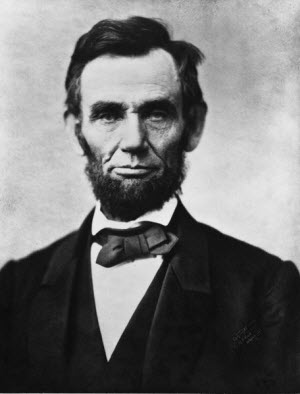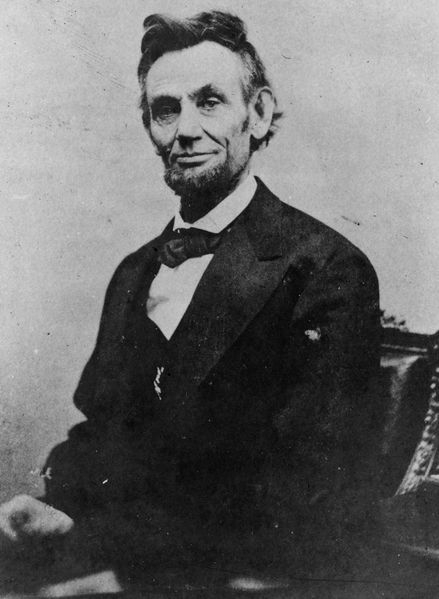REASONS FOR FREEING THE SLAVES.
The crowning act of Lincoln's career as President was the emancipation of the slaves. All of his life he had believed in gradual emancipation, but all of his plans contemplated payment to the slaveholders. While he had always been opposed to slavery, he did not take any steps to use it as a war measure until about the middle of 1862. His chief object was to preserve the Union.
He wrote to Horace Greeley that if he could save the Union without freeing any of the slaves he would do it; that if he could save it by freeing some and leaving the others in slavery he would do that; that if it became necessary to free all the slaves in order to save the Union he would take that course.
The anti-slavery men were continually urging Mr. Lincoln to set the slaves free, but he paid no attention to their petitions and demands until he felt that emancipation would help him to preserve the Union of the States.
The outlook for the Union cause grew darker and darker in 1862, and Mr. Lincoln began to think, as he expressed it, that he must "change his tactics or lose the game." Accordingly he decided to issue the Emancipation Proclamation as soon as the Union army won a substantial victory. The battle of Antietam, on September 17, gave him the opportunity he sought. He told Secretary Chase that he had made a solemn vow before God that if General Lee should be driven back from Pennsylvania he would crown the result by a declaration of freedom to the slaves.
On the twenty-second of that month he issued a proclamation stating that at the end of one hundred days he would issue another proclamation declaring all slaves within any State or Territory to be forever free, which was done in the form of the famous Emancipation Proclamation.
Abraham Lincoln | Events | People | Abraham Lincoln Quotes |
Quotations About Abraham Lincoln | Abraham Lincoln Photo Gallery | Abraham Lincoln Timeline |
Privacy Policy | About Us | Site News | Site Map |
Anecdotes and Stories About Abraham Lincoln


